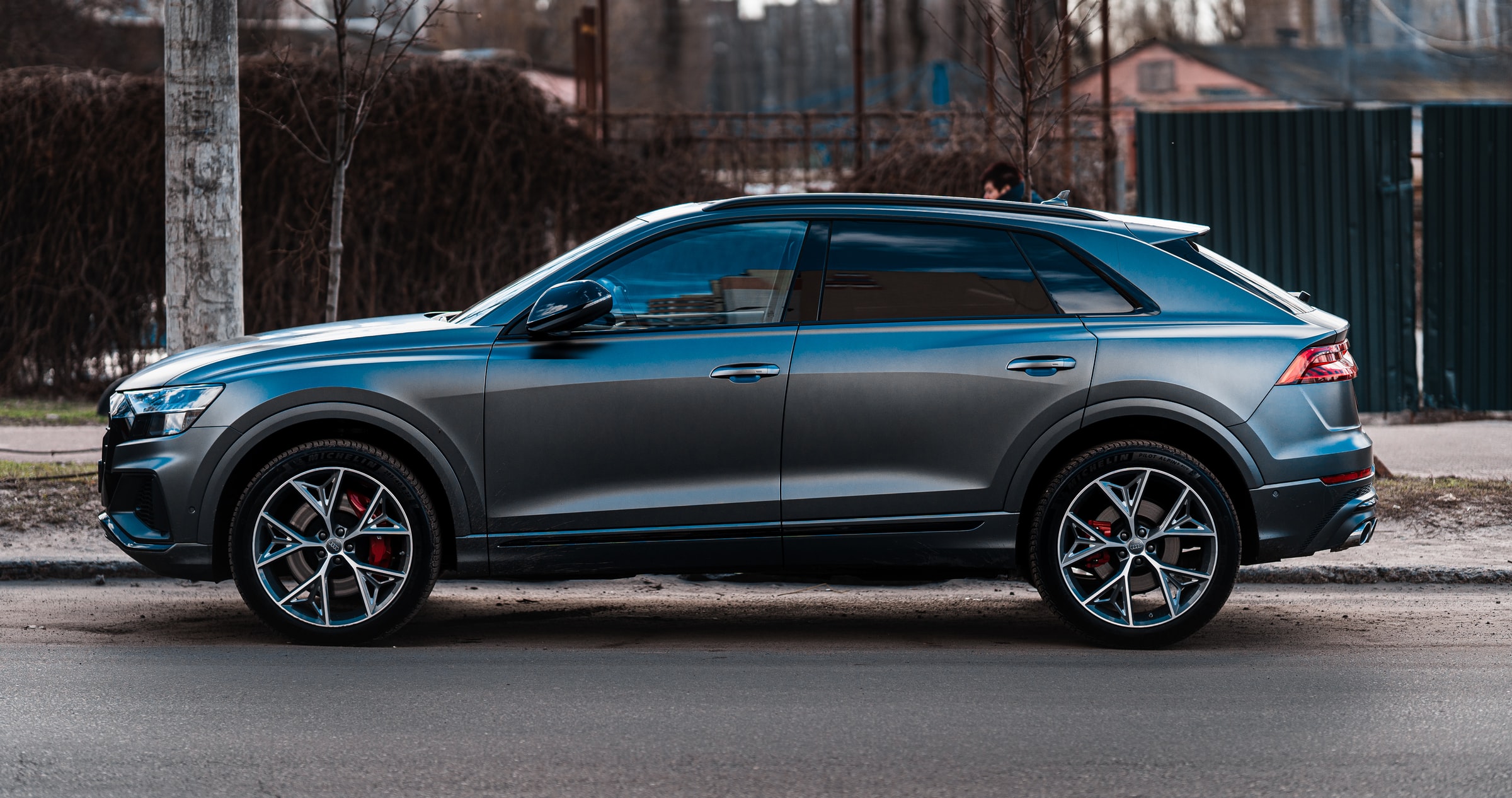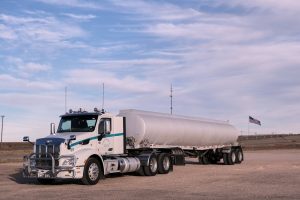A commercial vehicle is a means of transportation that performs different functions, generally for professional purposes. Its roles can be found in the transport of people and materials. But this vehicle can also be used for medical evacuations, combat missions, etc. Usable in all weathers, the utility car is suitable for any business. So, should you buy or lease such a vehicle?
What options are available to you?

In order to properly discern which choice to make, you need to be aware of the different options that exist. There are three possibilities: purchase, long-term rental (LLD), and leasing.
Buying
One of the approved dealers in the sale of commercial vehicles. It consists of paying cash, cash, or other means of payment, your vehicle which you automatically become the owner. This option has the advantage of being the purchaser of a new car and benefiting from tax advantages depending on the system and country.
Long term rental
This option consists of leasing a new vehicle for a fixed period of time that can vary from one year to five years. The company does not invest and keeps its budget line and borrowing capacity intact. This is understandable because the long-term leasing contract considers the various current costs of using the vehicle. But your company does not have any ownership rights on the fleet.
Leasing
Still called car leasing, it consists of renting your vehicle for one or several years and then exercising the purchase option to acquire the car at the end of the contract eventually. It is interesting because it combines the advantages of buying and leasing in one.
How to choose one of the above options?

As in many areas were making the right choice is essential, there are a number of criteria and indicators that guide you in the selection process. The decision to pay for a commercial vehicle or rent or lease it should be based on your budget, the activity for which you are acquiring the car, and finally, the traffic conditions and other constraints.
Your budget
The financial situation is the main parameter that determines the choice of the utility vehicle. For companies with a strong budget and solid finances, the purchase option will be the best one because of the tax advantages that come with it. However, respect for a well-determined action plan and the accompaniment of an expert must be required.
Long-term rental is strongly recommended for small and medium-sized companies with a limited budget whose activities require a large fleet. This allows for maximum control of expenses related to this heading, especially fleet maintenance. It also allows for keeping the budget.
As for leasing, it is an option for companies that want to kill two birds with one stone. It is suitable for artisans, traders, and companies, incredibly small and medium-sized businesses. While investing in leasing, which guarantees you a fleet of vans that is always in good condition, you prepare for the acquisition of the vans at the end of the lease contract.
Your needs
The second parameter that must guide your choice is the set of uses for which the utility vehicle is intended. If the rental contract is well drawn up, it will allow you to regularly benefit from a truck in good condition and almost as good as new. Thus, for intensive use, renting would prove to be better adapted.
Moreover, according to your equipment needs, or your sector of activity, you will need a van adapted to your services. In this case, the purchase is the right choice. Nevertheless, leasing is still a possible solution because leasing offers the advantage of optimizing the cost of this equipment.
Your projections

To end this virtual battle between leasing and buying your light commercial vehicle (LCV), you must take into account your current situation but also analyze your structure’s projections in the long term. For example, a financially strong company may invest in a fleet of vans from an authorized dealer while keeping the option of leasing on hand.
While a young company with a limited budget but plans to acquire a fleet of commercial vehicles will opt for a leasing or financial leasing. Although the choice of the different options depends on the above criteria, which are not exhaustive, you must entrust this operation to accounting or business management professionals.
Sound off in the comments section below and tell us what you want to read next and if you want to read more about buying a car.




